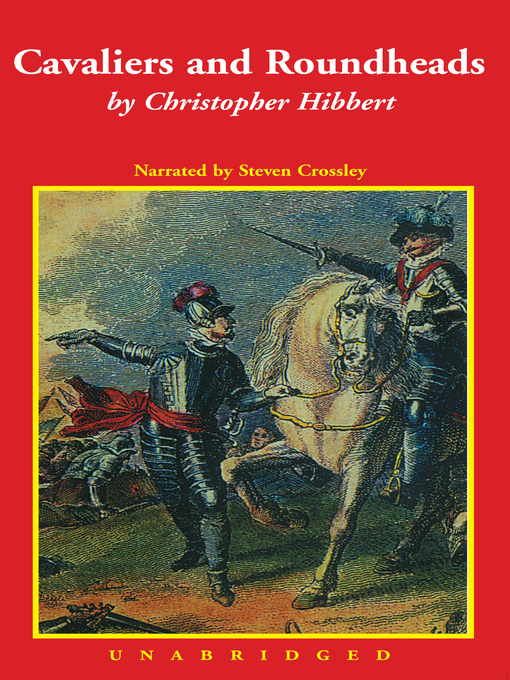
.jpg)

Without this information, Hibbert can't escape the besetting vice of much narrative history-that it so often seems like just one cursed thing after another. But what's sorely lacking is the background that Hibbert deliberately avoids: Why the war occurred why there was a growth of class consciousness at the time why religious animosities grew so deep and how a revered monarchy came to be overthrown. If I forget thee, do not thou forget me,'' wrote one soldier on the eve of battle), and he conveys most of his material with great vividness (the Earl of Newcastle was a ``rich and generous dilettante, skilled horseman, graceful dancer, indifferent playwright, and execrable poet'').

Throughout, Hibbert displays an eye for the curious and illuminating detail-quoting poet and playwright Thomas May, for instance, on Cromwell's New Model Army: ``Never did hardly any Army go forth to war with less confidence on their own side.'' The author succeeds in conveying the ruthlessness of war and the fears and anguish of those who fought (``Oh Lord, thou knowest how busy I must be this day. Hibbert concentrates with some success ``upon what happened rather than upon what brought it about, upon the minor engagements than the major battles, and upon the impact the fighting had upon the civilian population.'' Neither before nor since has there been a war in England that so swept up everyone in its path: By its end (signalled by the execution of Charles I), nearly 200,000 lives had been lost-80,000 killed in the fighting and more than 100,000 from accidents and disease in plague-ridden towns. A rollicking, if not always enlightening, narrative history of the English Civil War, by the prolific Hibbert (The American Revolution through British Eyes, 1990, etc.).


 0 kommentar(er)
0 kommentar(er)
